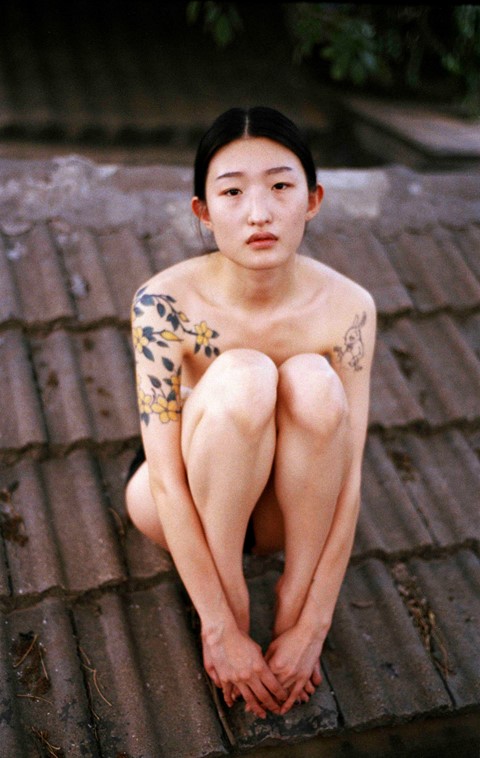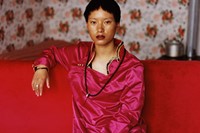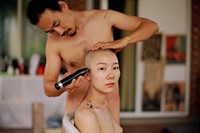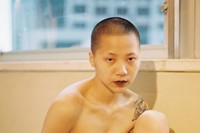Described as a “record of the different generations of young people”, Luo Yang’s new photo book Carpe Diem captures the changing identity politics at play in China throughout the decades
In China, the phrase ‘bai lan’ (摆烂) has been gaining popularity among the youth on the internet. Translating to ‘let it rot’ in English, the phrase encapsulates young people’s disaffected attitude in the face of a lack of economic opportunities and social mobility – and a rejection of the ultra-competitiveness of today’s Chinese society. The youth, it would seem, are incompatible with an old-fashioned version of China – and nowhere is this clearer than in the work of Luo Yang, a photographer who has been capturing young people for decades against the shifting societal backdrops of Beijing and Shanghai. Luo doesn’t see her work as having a political agenda, although it does act as a window into the changing identity politics at play in China throughout the decades.
China has always had a complicated relationship with young people; in 1980, they launched their one-child policy as a means of controlling rapid population growth. In 1983, the internet was invented. “Ba ling hou” (the generations born after 1980) may not have had brothers or sisters, but they did grow up with the internet, and later, social media. Luo was born in 1984, but since her family was a minority group, she was allowed a sister. “I can’t say I’m very influenced by this personally, but it must be a significant thing for many other people and coming generations,” she says.
Carpe Diem, a new book published by La Maison De Z, gathers together two of Luo’s seminal series – Girls and Youth – alongside miscellaneous photographs shot throughout the 1980s, 1990s and 2000s. The photographer’s subjects – friends, friends of friends, and sometimes strangers – are all captured with unwavering levels of intimacy and vulnerability. “I think I’m looking for a connection with my subjects and they are open to expose themselves to let me into their worlds,” she says.
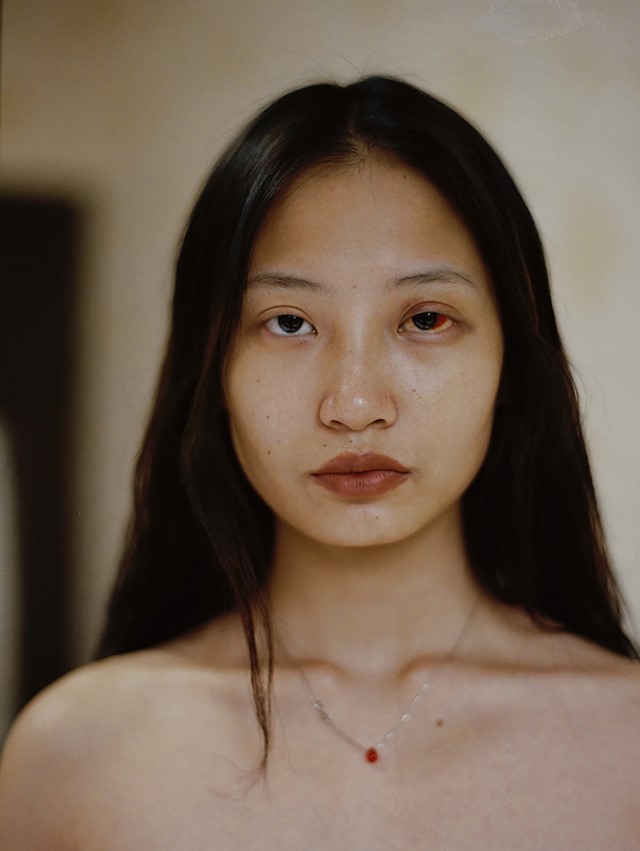
In Girls, her first ever photo series (which she began shooting in 2007 when she was just 24), Luo followed over a hundred women from her generation, documenting the changes to their bodies and lives as they – and herself – grew into adulthood. “Naturally, I tend to focus on the same group of people that I understand and relate to the most,” she says. “Women are also so beautifully strong, powerful and vulnerable, there are so many things about women that deserve to be recorded.” Most of her subjects are nude – whether lying in a flower bed, getting a buzzcut, or kissing in bed – and she has described the women in this series as “bold, wild and true to themselves.”
In 2019, Luo began shooting Youth, a series that captures Generation Z – those born in the late 90s and early 00s. “I try to record and present some of the young people I see that are more bold, rebellious, strong and independent from some of the stereotypes or limits given by family or social norms; they may not follow the mainstream standard for beauty, or they may not have a job that’s considered stable or respected by traditional values,” Luo explains. “I hope the photos are able to connect and speak to their audience, make them feel touched, comforted and encouraged that we all share something in common.”
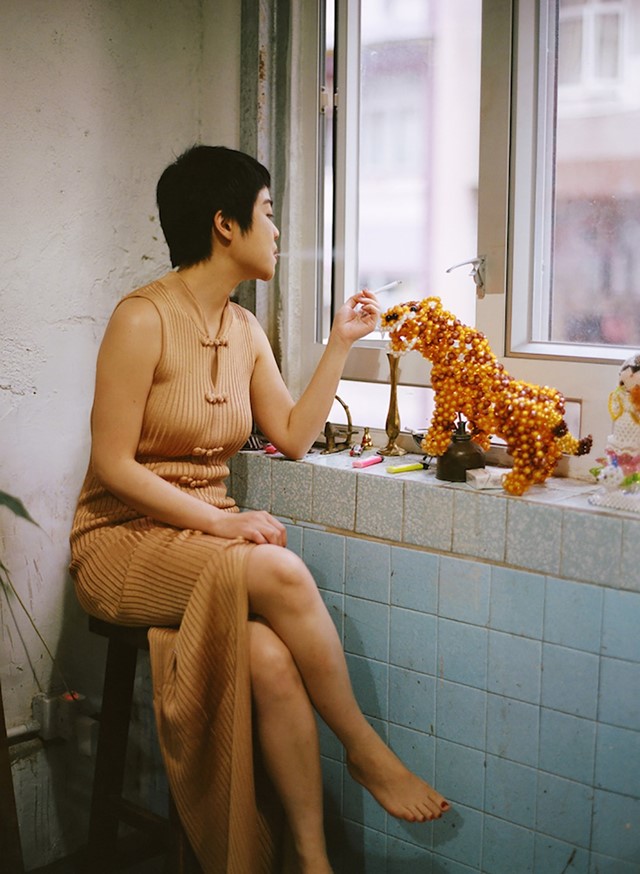
Unlike in Girls – where she only focused on women, and her own generation – Luo photographed people from across the gender spectrum for the Youth series. Here, Luo’s subjects are defined by their vibrantly coloured clothing, abundant self-expression, and a strong sense of sexuality and confidence – an introduction to the series describes China’s Gen Z as “more ‘sex, and rock’n’roll’ than K-pop, in contrast with the ultra-sophisticated and sanitised image conveyed by the pop stars adored by young people in China today.” “They are a fascinating generation [and] so different from mine,” says an admiring Luo.
And where, in Luo’s trusty opinion, is the youth of China headed? “It’s vivid, strong and thriving,” she says. “[The] Chinese youth are bold to make their own voice heard, bold to explore and display their individuality, but at the same time, be more independent and self-centred than older generations.”
Carpe Diem by Luo Yang is published by La Maison De Z, and is out now.
